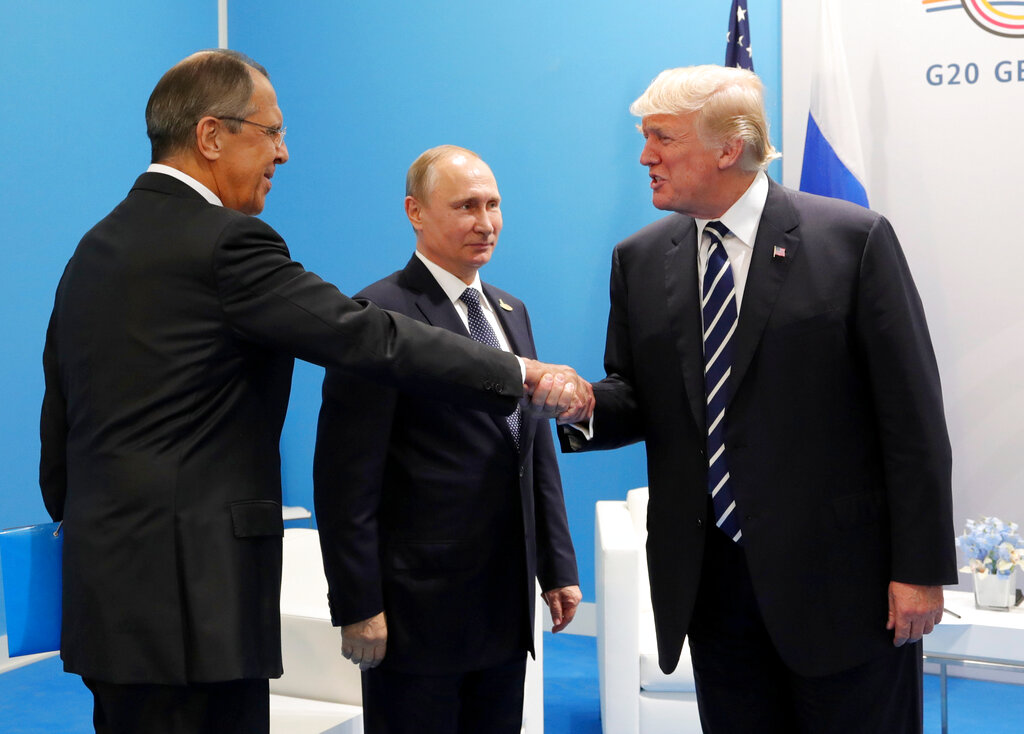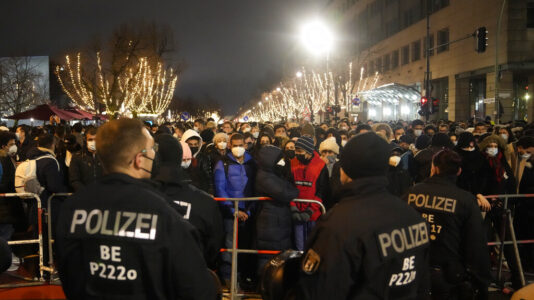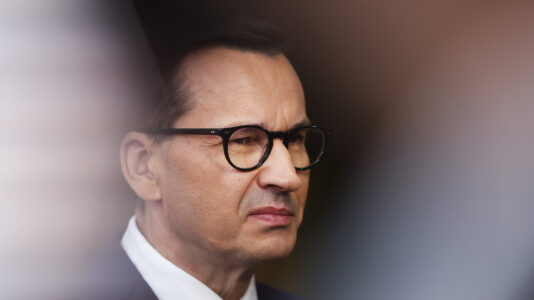In the wake of reports of supposed Ukrainian peace plans from President-elect Trump’s team, Russian Foreign Minister Sergey Lavrov told the TASS news agency that the ideas proposed in the report were “unsatisfactory” for Moscow. The proposals include postponing Ukraine’s accession to NATO for at least 20 years and stationing British and European peacekeepers in Ukraine.
Most specifically, the minister shot down any idea of having European peacekeepers deployed to Ukraine, telling TASS that NATO is one of the primary reasons the war in Ukraine started in the first place.
“NATO has been expanding for years and has become one of the main triggers of the conflict,” he said, adding that NATO military and mercenary forces are actively involved in the planning and implementation of Ukrainian operations. Lavrov went even further, stating that NATO was directly responsible for the incursion of Ukrainian forces into Russia’s Kursk region.
“We cannot allow a situation where Kim Jong-un, the Russian leader, and Xi Jinping and Iran high-five each other because we have adopted an agreement that is not good for Ukraine."https://t.co/5vgnRDBkxI
— Remix News & Views (@RMXnews) December 3, 2024As to any contact between Trump’s team and Moscow, the Russian foreign minister said their knowledge of these supposed peace proposals came only via leaks and Trump’s December Time interview — not through any official channels.
Trump has previously said that ending the Russia-Ukraine war would benefit both sides and that Russia would not have started a war during his presidency. However, he is powerless until his inauguration on Jan. 20 to take any formal action.
Russian President Vladimir Putin has shown openness to dialogue with Trump’s team, but has made it clear that he will not give in on territorial issues, nor will he accept Ukraine becoming a member of NATO.
“We are ready for compromises, but the Ukrainian side must also be ready,” Putin has said.
Lavrov did confirm that Moscow is waiting for an official proposal from Trump once he is in office but questioned the effectiveness of a ceasefire, calling it a “road to nowhere.” He also affirmed that the U.S. must make the first move to reestablish dialogue.






